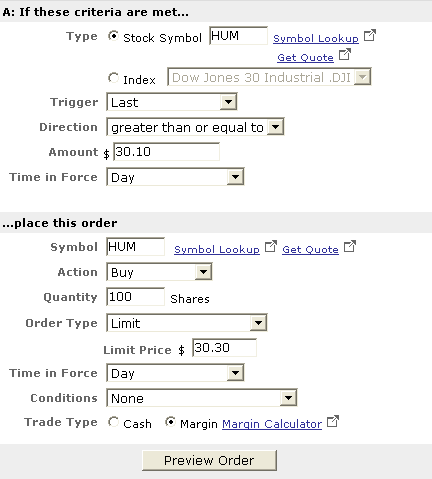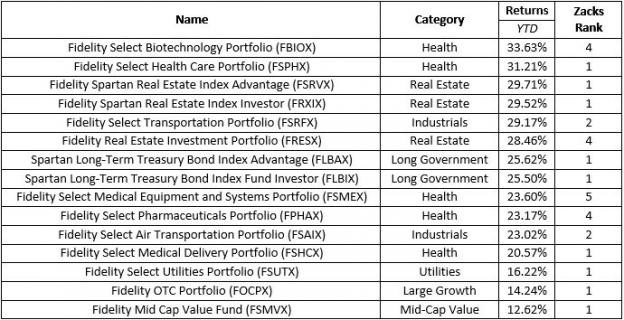Fidelity Investments About Stock Options
Post on: 1 Август, 2015 No Comment

Stock Options as Part of Employee Compensation Plans
More and more employers are awarding stock options to employees as part of their compensation programs. Careful management of the opportunities offered by your stock options may help you build an investment portfolio or improve your financial situation.
Stock Options Help Create an Ownership Culture
Companies who issue stock options to their employees are, in effect, issuing the right to own a portion of the company. Employees who are granted stock options have a vested interest in the performance of their company’s stock. An increase in performance by the employees can be reflected in the profitability of the firm, which in turn, benefits the price of the stock.
In addition, because stock options tend to be granted in regular schedules, with vesting periods at intervals in the future, stock options increase employee commitment to their company.
Two Types of Stock Options
Tip: Check your plan rules to see if you are eligible for NSOs and/or ISOs.
There are two types of stock options, classified by their tax status.
Nonqualified Stock Options (NSOs) are more traditional stock options that do not meet certain IRS requirements that allow you special tax treatment. With NSOs, you will be taxed when you exercise the stock options. The IRS levies ordinary income tax, social security tax, and Medicare taxes on the difference between the fair market value when you exercise the stock options and the grant price.
Incentive Stock Options (ISOs) do meet the IRS requirements for special tax treatment. With ISOs, you do not have to pay regular income taxes at the time you exercise, but you must hold your shares at least one year from the date of exercise and two years from the grant date in order to receive special tax treatment.

If you decide to sell your shares after the waiting period, you will be subject to a capital gains tax (unlike income tax with NSOs) on the difference between the sale price and the grant price.
If you sell your shares prior to the specified waiting period, these sold shares are subject to a disqualifying disposition which means you will be required to pay income taxes generally on the difference between the fair market value at exercise and the grant price.
Factors to Consider When Exercising Stock Options
These are some things you might consider when exercising your stock options. See Exercising Stock Options for more information.
- What you may gain by waiting. What are your expectations for the stock price appreciation and the market in general?
- How much time remains until the stock option expires? Do you need to act quickly, or do you have more time?
- The rules of your plan. You don’t have to exercise all your stock options at one time, however, minimums and fees may apply. Your plan rules will have the details.
- Your current and future financial needs. Is this an opportunity to improve current cash flow or an investment for the future?
- Your current and potential future tax situation. Exercising stock options has tax consequences. Will you be in the same, a higher, or lower tax bracket when you are ready to exercise your options? Your risk tolerance. Are you ready to face the market’s potential ups and downs, or are you seeking a more stable investment?














